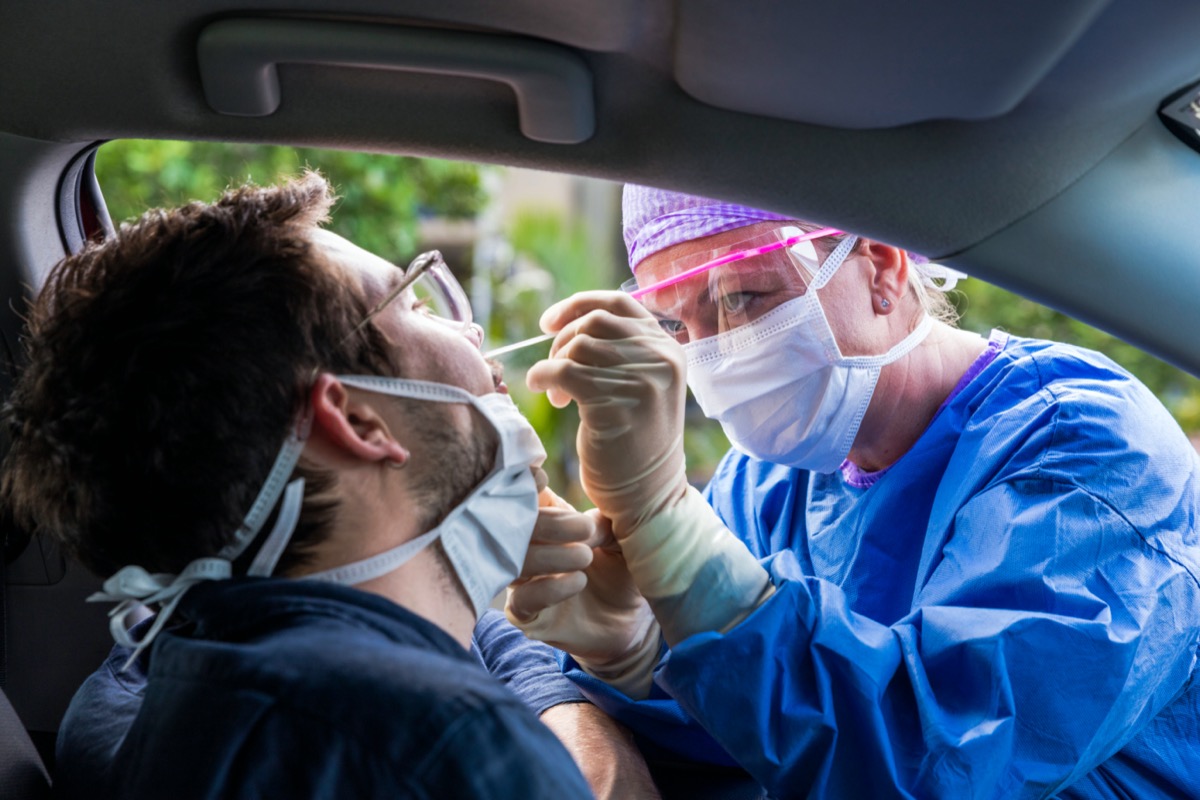In fact, some labs are already experiencing problems in distributing and processing tests. “We hit the wall three weeks ago,” Jon Cohen, executive chairman of BioReference Laboratories, told The Atlantic. “At that point, most laboratories were already running at capacity, as far as I can tell.” BioReference’s coverage area includes New York and New Jersey—two states that have flattened the curve after spiking early in the pandemic—and Florida, which has been reporting daily case number records as of late. On June 29, Quest Diagnostics released a statement on their website regarding amping up testing capacity to meet demand. Due to that demand, the company said, the average wait for results for anyone who isn’t hospitalized, a pre-operative patient “in acute care settings,” or a healthcare working showing symptoms, had increased from one day to three to five days. Michael Mina, MD, a professor of epidemiology at Harvard, explained to The Atlantic why these delays are “very bad,” saying, “Our modeling efforts more or less show that if you don’t get results back in a day or so, outbreaks really can’t be stopped without isolating and quarantining all contacts preemptively.” In other words, if you can’t be sure who of a possibly exposed population actually contracted the virus, the only way to prevent an outbreak is by having all of them self-isolate, which is less feasible. In a worse case scenario, testing will once again be reserved for those showing symptoms or working on the frontlines, as it was in the early days, leading to considerable spread. According to the publication, testing companies are racing to keep up with demand in part because the supply chain of materials they need to process the tests has slowed down. Suppliers were not positioned to respond to a pandemic of this magnitude, so production and distribution is creating a bottleneck.ae0fcc31ae342fd3a1346ebb1f342fcb RELATED: For more up-to-date information, sign up for our daily newsletter. Lauren Sauer, MS, a professor of emergency medicine at Johns Hopkins, told The Atlantic that testing companies and their partners are not getting the guidance they need from the federal level. “A nationwide, systematic strategy with a clear agency lead is desperately needed,” she said. “But it’s not happening and I think we all fear significant access issues and supply-chain disruptions in the near future.” With the testing apparatus strained and wait times increasing, the safest thing you can do if you think you’ve been exposed or are showing symptoms is to self-isolate until you get your results. And for more on COVID-19 diagnostics, here are The Secret Fees You Could Get Slammed with After a Coronavirus Test.
